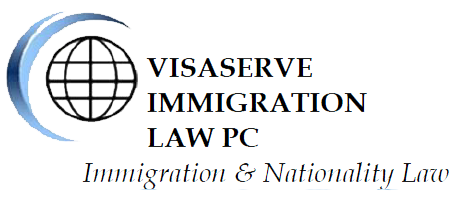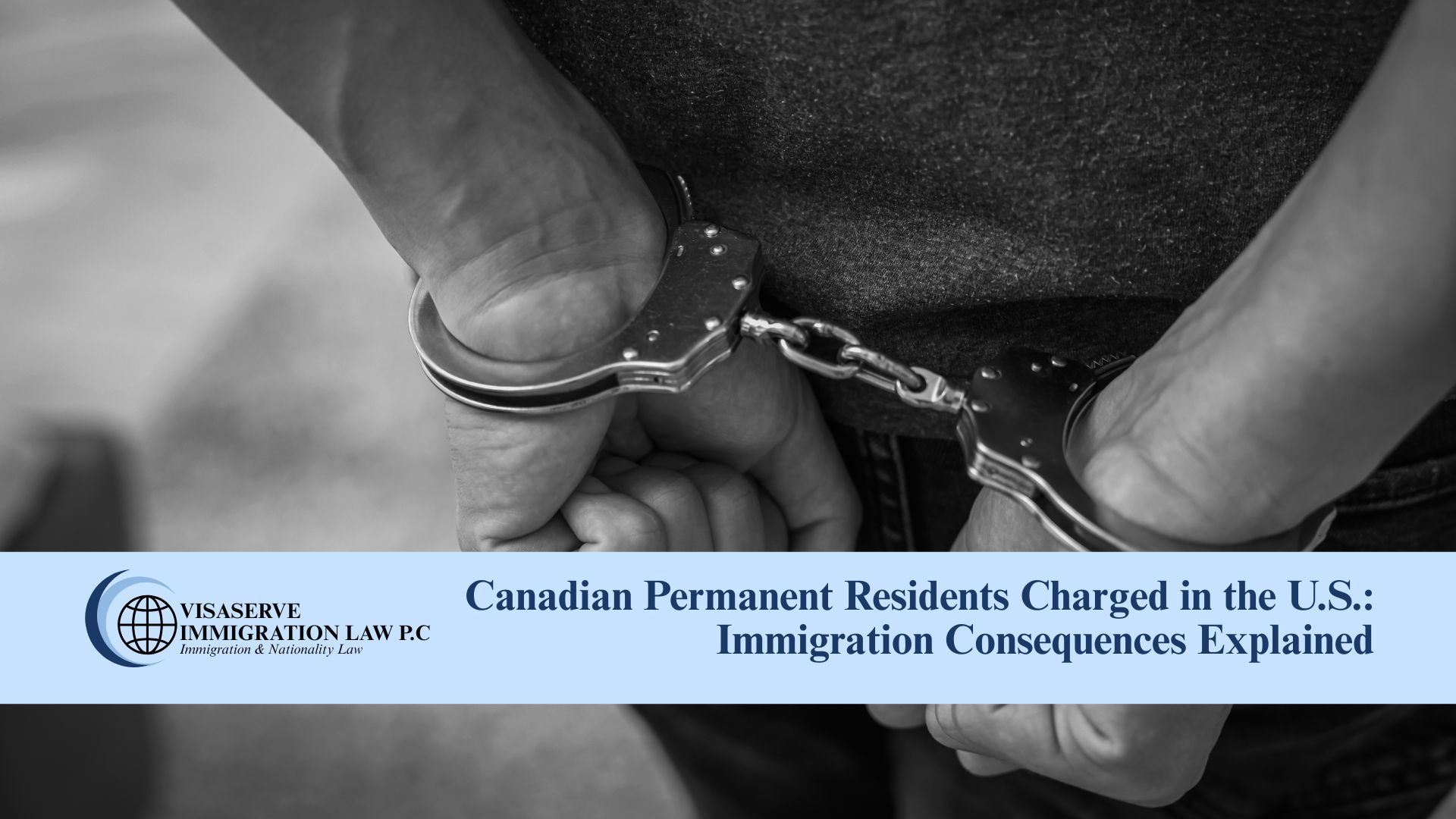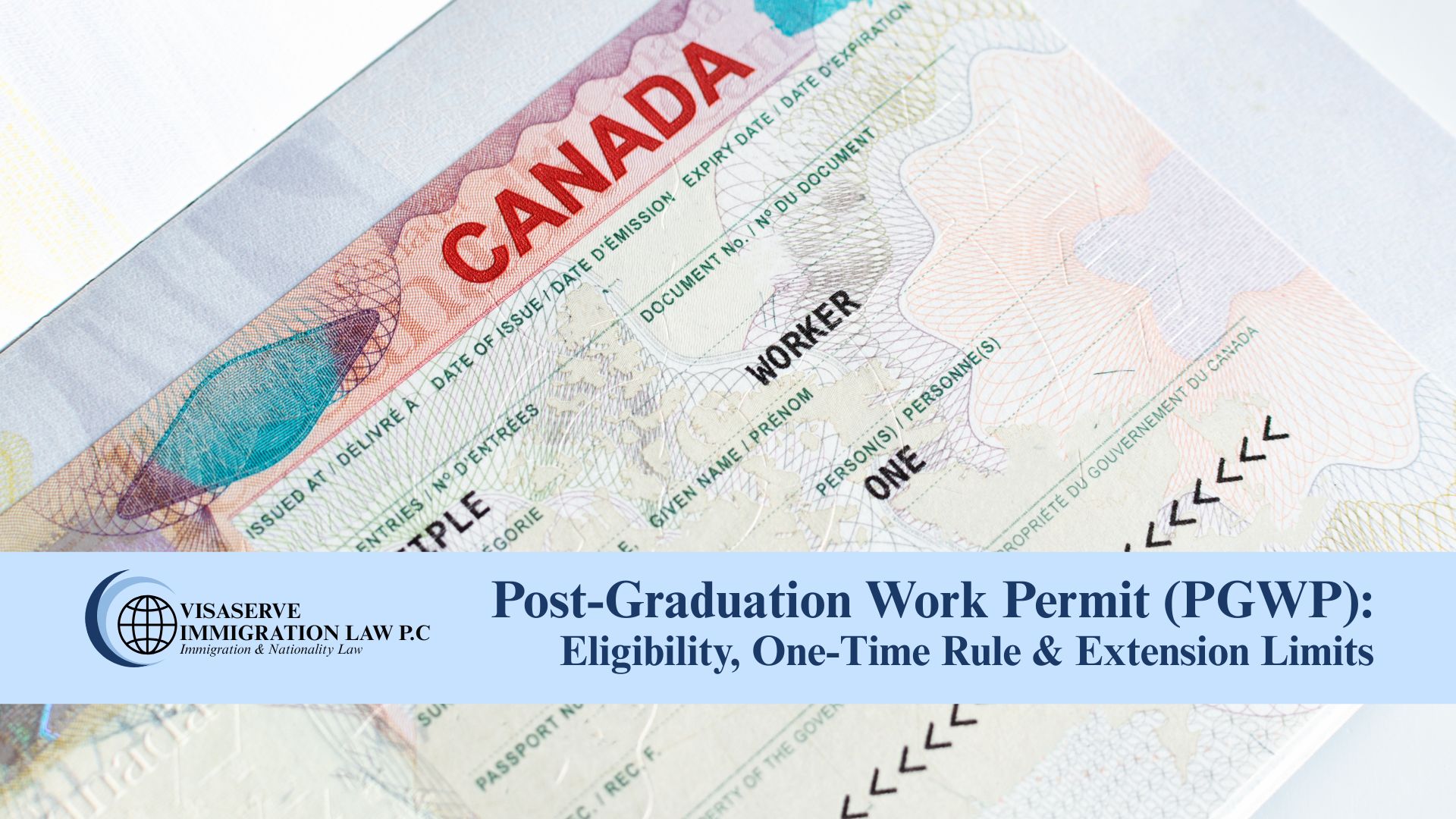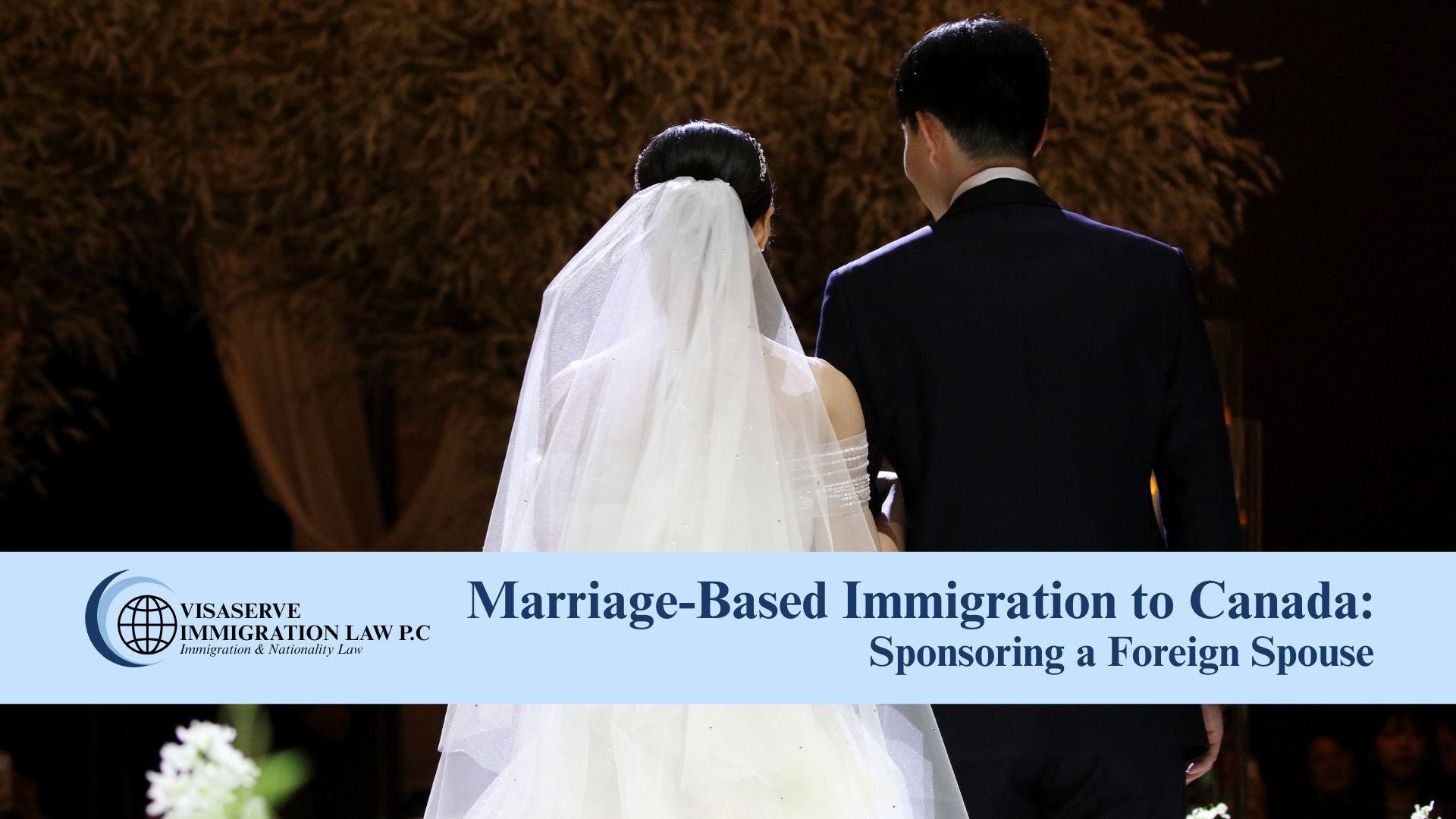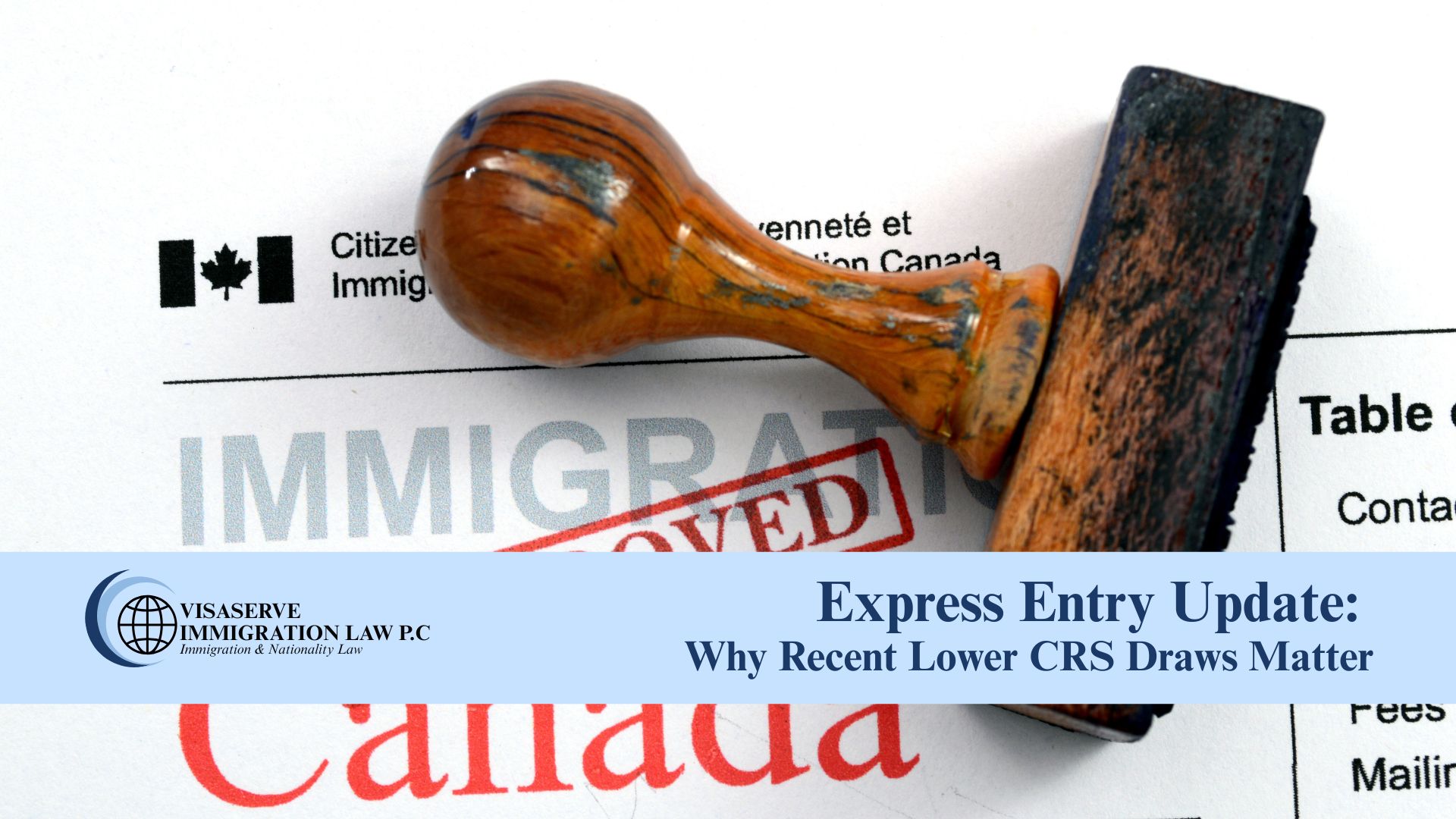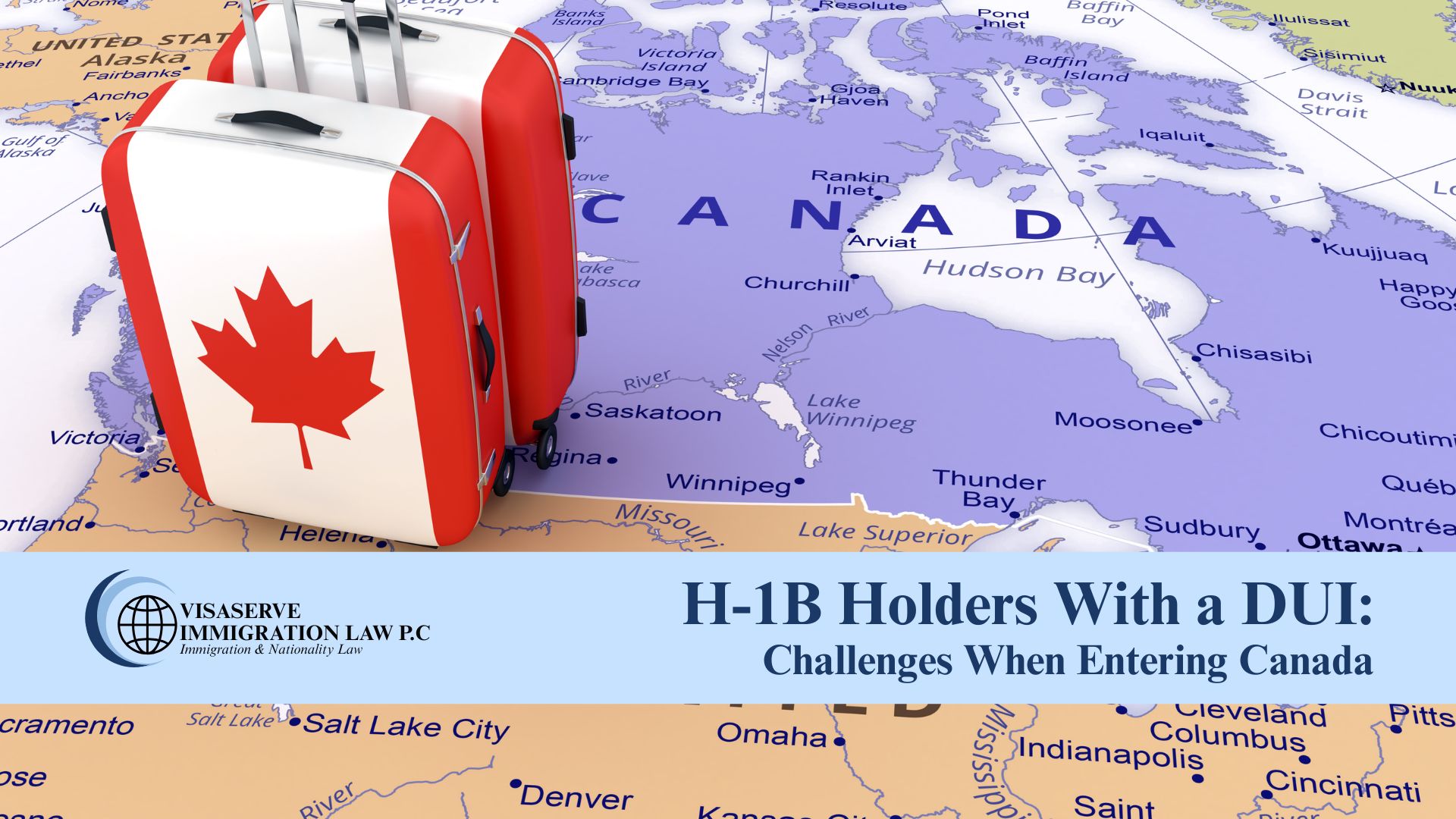The Department of Homeland Security (DHS) announced the implementation of Phase II of the Entry/Exit information system, a commitment of the Beyond the Border Action Plan.
Under Phase II, DHS and the Canada Border Services Agency (CBSA) will expand the exchange of biographic entry data collected on third-country nationals (those who are neither citizens of Canada nor of the United States), permanent residents of Canada who are not U.S. citizens, and lawful permanent residents of the United States who are not Canadian citizens, to all automated land ports of entry at the common border, including all major land border crossings.
A coordinated Entry/Exit information system will facilitate exchanges of entry information such that an entry into country becomes and exit from the other. It will help the U.S. and Canada identify persons who potentially overstay their lawful period of admission; better monitor the departure of persons subject to removal orders; and verify that residency requirements are being met by applicants for continued eligibility in immigration programs.
The process of collecting and sharing information will be done in accordance with each country’s privacy laws and policies and consistent with the Action Plan, Joint Statement of Privacy Principles, and an Annex to the Statement of Mutual Understanding on Information Sharing agreed to by DHS and the CBSA.
The U.S. and Canada have issued appropriate privacy documents for Phase II, including Privacy Impact Assessments and updated System of Record Notices. Information on these documents is available on CBP.gov and CBSA-ASFC.gc.ca.
On February 4, 2011, Prime Minister Harper and President Obama released the Beyond the Border Declaration, articulating a shared vision in which our countries work together to address threats at the earliest point possible while facilitating the legitimate movement of people, goods and services across our shared border. The Action Plan, released in December 2011, outlines the specific steps our countries intend to take to achieve the security and economic competitiveness goals outlined in the Beyond the Border Declaration.
U.S. Customs and Border Protection is the unified border agency within the Department of Homeland Security charged with the management, control and protection of our nation’s borders at and between the official ports of entry. CBP is charged with keeping terrorists and terrorist weapons out of the country while enforcing hundreds of U.S. laws.
For more information, please feel free to contact the Immigration and Nationality Lawyers at the NPZ Law Group at 201-670-0006 or by e-mailing us at info@visaserve.com.
